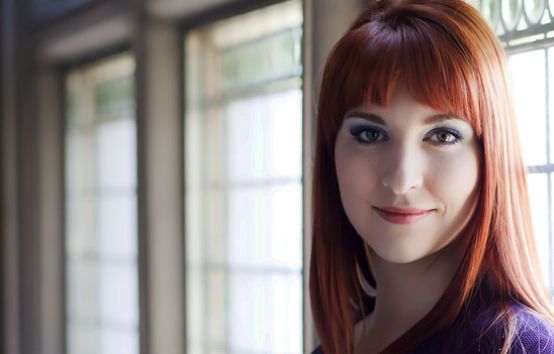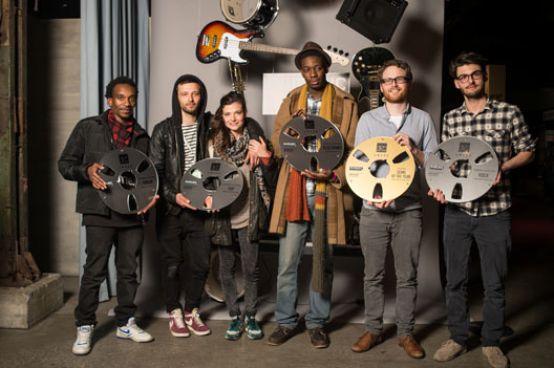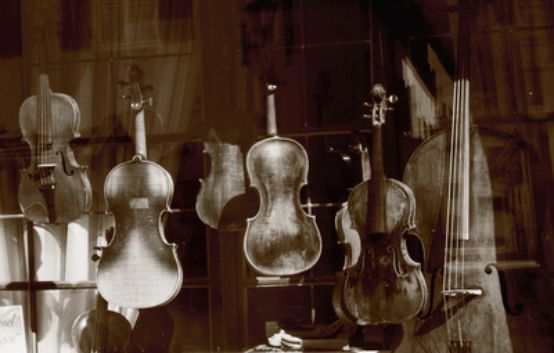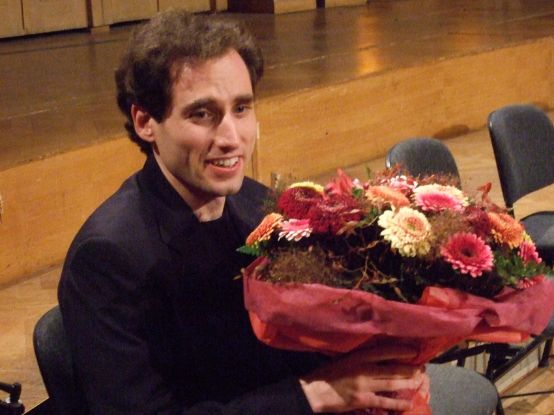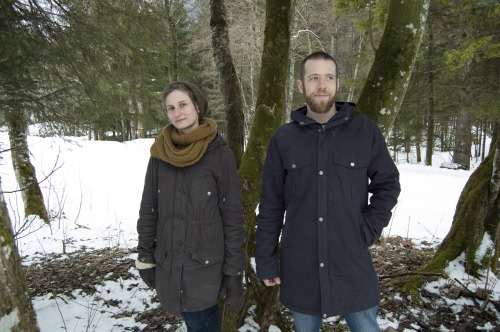In just 190 pages, Thomas Richter manages to cover the topics of "Music and the brain", "Music and the history of mankind" and even "The future of the brain". Respect, you might say, especially as these are not only major problem areas, but also largely unexplored topics, even prophecies. Richter does not presume to be able to clarify everything he addresses. "Much remains open," he says at the end of the book. Right at the beginning, the former pianist and current consultant to pharmaceutical companies rightly admits: "Brain research will have to make a clear distinction between what it can say and what lies outside its area of responsibility, just as musicology (...) has a lot to say about Bach's fugue, but must remain silent when it comes to explaining its unique beauty." (S. 8)
The relativization of more or less scientific methods leads Richter to a feuilletonistic tangle of various strands of argumentation. Evolutionist theories eke out a refreshing existence, joined by more strictly orthodox medical discussions about how our brains work, subjective comments on our own music preferences or speculations about the frequency variations of our chamber tone. This is certainly entertaining; the author's skills are convincing in his depiction of the immense brain power involved in listening and making music. As the book progresses, however, the impression of a certain verbosity becomes apparent; too much seems to have been simply shaken out of the sleeve. And time and time again, Richter's subjectivisms lead him onto the slippery slope. He slips up completely when he repeatedly refers to "twelve-tone music" or "neo-tones". While Friedrich Blume once misused the "natural phenomenon" of music to deny electronic music its right to exist, Richter's approach is no different in principle. For him, it is the (natural) brain that is obviously not prepared to take the step from tonality to atonality, from the beautiful melody to the incoherent collection of notes in the Schoenberg style: "The brain resists the atonal, dissonant pieces of twelve-tone music, no matter how much it has influenced music theory and compositional practice in the 20th century." (S. 45)
In the long run, such regressive stereotypes not only come across as gossipy, but also annoying. Especially when the workings of the brain are, in one's own words, unexplained, especially when the omnipresent quota comes into play in an unspeakable (but suddenly unpleasantly contemporary) manner. The dismissal of Dortmund's general music director, who had to go because he was concerned about contemporary music and, as a consequence, because of "dramatically declining capacity utilization" (p. 45), serves as proof of the fact that music after Schönberg is not adapted to human receptivity. So may the classics once again be granted an infinite life! So far at least, concerts with Beethoven and Schubert have always been full.
Thomas Richter, Why you shouldn't listen to Wagner in the car. Music and the brain, 200 p., € 8.95, Reclam, Stuttgart 2012, ISBN 978-3-15-020255-5







